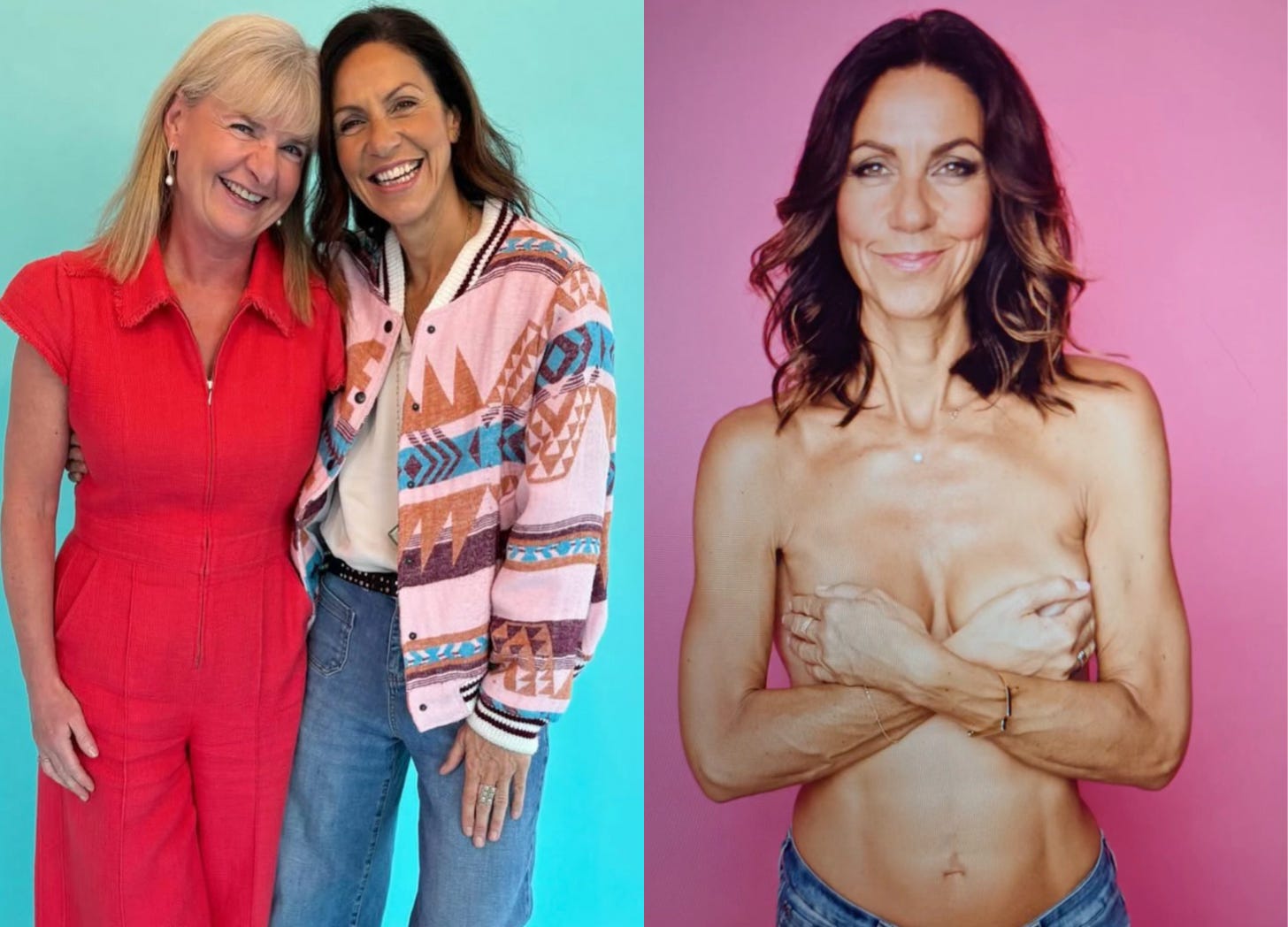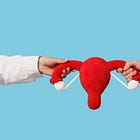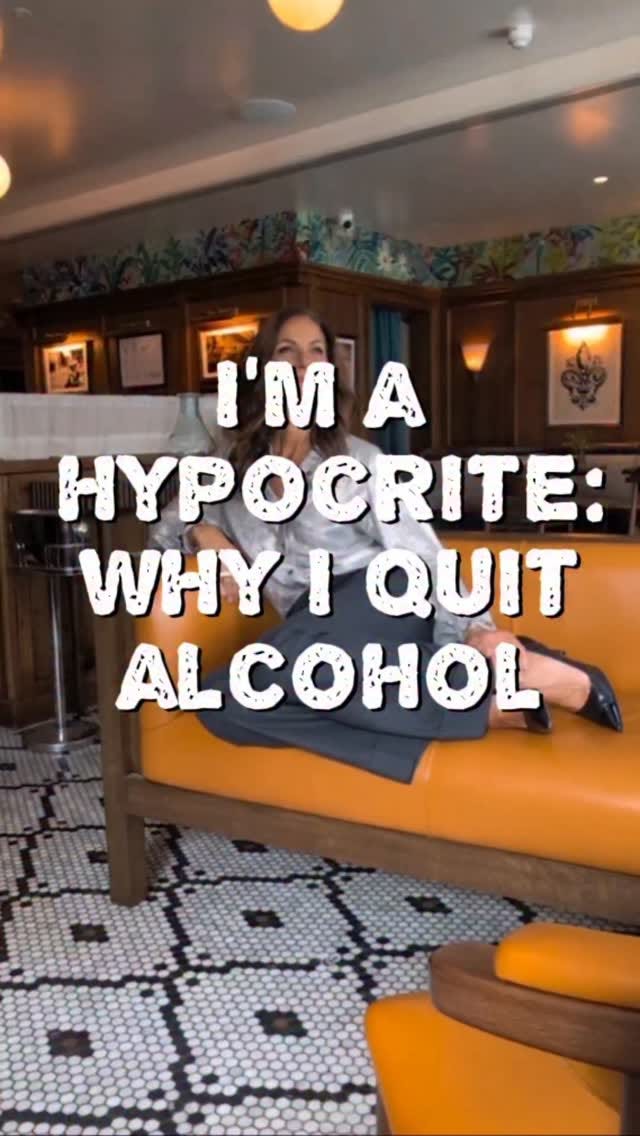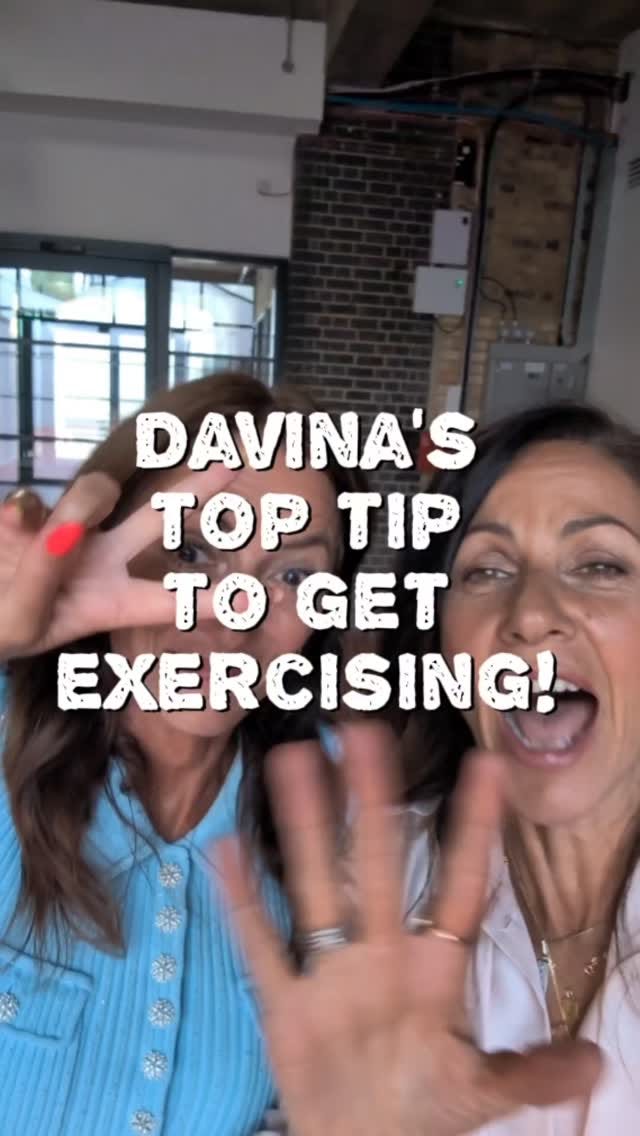“When you’re told ‘You have cancer’ it’s shocking and terrifying”
This Breast Cancer Awareness Month, TV presenter Julia Bradbury wants women take their own health seriously and boost our wellbeing, she tells Gaby Huddart
Meeting Julia Bradbury is a memorable experience. She’s a whirlwind of positivity, ebullience and charm. The TV presenter and author exudes good health and seems to glow from within. But, she explains, her zest has come by completely overhauling her life in the wake of a breast cancer diagnosis in 2021 at the age of 50, when her twin girls were just six and her son was nine.
“I’ve spoken to lots of cancer patients, cancer survivors and, sadly, those who have since passed away from cancer and it’s universal for everyone: when you’re told ‘You have cancer’ it’s shocking and terrifying. Even though the statistics suggest one in two of us will have a cancer diagnosis in our lifetimes, you just don’t think it’s going to be you,” she says. “The cancer club hadn’t been one I thought I was going to be joining.”
Until her breast cancer diagnosis, Julia says she took her health for granted. She did regular yoga and walking and was lucky to be naturally slim, so she ate and drank what she wanted. She confesses to loving pastries and biscuits and, when it came to after-work drinks or events, she was often the last to leave the party.
“Ahead of my mastectomy to remove the cancer, I remember having a conversation with my partner and saying to him, ‘I’m going to do everything I can to get through this and help this process.’ And I started reading books and researching how to get myself in the best possible shape ahead of the operation,” she explains. “It was like a switch went off in my brain and I realised there were tweaks I could make to support my body.”
Since recovering and the TV documentary Julia made about her experience of breast cancer, a lot of people have contacted her on social media to ask questions about their own health. “I’m not a medical expert but I can share what I’m discovering, so over the past two years I’ve made myself what I call a ‘crash test mummy’ – trialling the world’s most cutting-edge health tests, working with experts and trying lifestyle changes that promise to extend healthspan – which means living in robust health for longer,” she says.
Julia’s tests resulted in a couple of big surprises, she reveals. The first was discovering that she has a cyst in the pineal gland in the centre of her brain the shape and size of a lozenge sweet. “But my neurosurgeon Kevin O’Neill suspects I was born with this and will monitor it for tiny changes,” she says. “I’m now taking the best care of my brain by prioritising sleep and exercise and taking Omega 3 and vitamin D supplements, limiting caffeine, and eating blueberries.”
Meanwhile, she also had a massive wake-up call regarding her stress levels. “One of the doctors I spoke to in America told me the amount of cortisol in my body was at a level like I was ‘being chased by a tiger all day, every day’. That means I’m now prioritising switching off and relaxing.”
During Julia’s investigations, she discovered many easy everyday things all women can do to make a positive difference to our health. Here are seven of her favourites she’s keen we all consider…
Take what’s on offer! Many women’s health tests are available free on the NHS, including: cervical smear screening; mammogram; bowel cancer screening for those aged 50-74; overall health check for those aged 40-74. Sexual health screening is free at sexual health clinics, and blood tests can be organised at GP surgeries for any specific concerns. “Don’t put off going for your appointment – in the case of anything being wrong, early diagnosis is critical,” says Julia.
Related articles
Prioritise sleep. “Our sleep-wake cycle is critical to our physical and mental wellbeing. Like many of us, I sometimes struggle to nod off or wake up in the small hours. But I never consciously sabotage my sleep in the way I used to before my cancer diagnosis, with an overnight drive, last-minute work deadline or disastrously late meals out. I was careless with my sleep before cancer, and I suspect it might have made me more vulnerable to disease,” Julia says.
Create calm. Julia found studies that suggest an average person living today processes as much as 74 gigabytes of information every 24 hours via television, computers, smartphones, tablets and other gadgets. To put that in context, 500 years ago, a highly educated person would have consumed just 74 gigabytes of information in their entire lifetime through books and storytelling. To counter this, it’s essential to find ways to introduce calm into our lives. “I now put aside 10 to 15 minutes every night and lie down, legs up against the wall to help ease anxiety and the pressure of the day and do a guided meditation or ‘go within’, as guru Deepak Chopra teaches. At the very least I’m creating ‘quiet’ rather than watching TV, because I know it will aid sleep, improve my mental health and help me to be still,” she says.
Nature watch. Experts at the European Centre for Environment and Human Health (ECEHH) at Exeter University did an experiment with Julia and her sister that showed the difference getting outside and simply looking at the landscape can make to concentration and focus. “We were given a series of the same online cognitive tests – twice. The only difference being that before the second time, I went out for a walk on the windy Gylly Beach coastal path looking at the seascape, while Gina had a coffee and checked her emails. They found that for the second test my reaction times were 20 per cent faster and Gina’s were 14 per cent slower. The science shows taking what I call ‘nature snacks’ makes you significantly more productive and accurate.”
Fill up on hero foods. “I used to grab a sandwich and bag of crisps for lunch on the run but what we eat can be one of the most important things we do to build healthspan,” Julia says. “Dr Kara Fitzgerald, who runs the New Frontiers Clinic in Connecticut and has written multiple papers on longevity, has created the dynamic dozen foods that we should all be eating to improve our quality of life for longer: turmeric, green tea, beetroot, shiitake mushrooms, eggs, blueberries, seeds, rosemary, organic liver, cruciferous vegetables, spinach and salmon.”
Control alcohol. “Alcohol is a poison and there are no health benefits to it. The discussion about red wine having healthy polyphenols and resveratrol turns out to be nonsense – you’d have to drink gallons of it to get the polyphenols, so the amount of alcohol would negate any benefits,” says Julia. She found giving up booze a simple choice after her breast cancer diagnosis as Professor Gareth Evans, consultant clinical geneticist from Manchester Centre for Genomic Medicine, told her if she continued to drink even a moderate level of alcohol, her risk of breast cancer recurrence would be 28 per cent higher. “Even if the sober life isn’t for you, it’s worth making a note of how much you’re drinking and thinking about why you reach for that drink. Is it just for social lubrication, or is it self-medication? Can you replace at least some of those glasses of alcohol with something else?”
Add strength training. Being strong and flexible is critical to ensuring we’re healthy as we age. Julia says that she doesn’t count walking, stretching and ‘rebounding’ on her trampoline as part of her exercise regime as “they are simply essential to keep the Bradbury wheels oiled.” She has now installed a pull-up bar across her son’s bedroom doorway for the whole family to hang off to help with back stretching and improve grip strength. “I also never miss the chance to strengthen my legs, climbing the stairs two at a time; power walking up a hill; doing squats, lunges or a wall sit (slide down a wall into a seated position and stay there until your thighs are on fire). Remember to squat, crouch and sit on the floor - anything to get your legs past 90 degrees - as often as possible.”
Hack Yourself Healthy by Julia Bradbury, Piatkus £20, is out now








